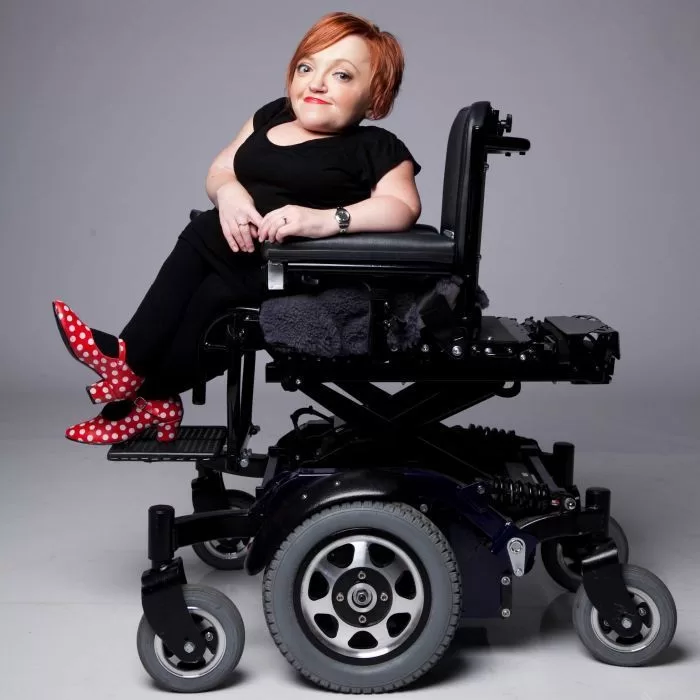Updated on December 10, 2024

People with intellectual disabilities are humans too, but in some ways, they may need some form of help or support that may or may not be slightly different from how everyone else is treated. If you would like to show support to someone with intellectual disability, here are a few things to do:
Help them feel at ease
Start with a smile when you want to relate with them. Exude positive energy they can connect with. Don’t try to treat them differently or with pity. Say nice things to them to boost their confidence. This is because some of them may struggle with self-esteem issues. Showing that you understand and care about them would help them connect with you easily.
Give them time
It might be hard for them to catch up on learning, communication, or expression, as they tend to do things at a slower pace. You would therefore need to patiently allow them to listen, understand, articulate their thoughts properly, and respond appropriately. This means you should not rush them into responding.
Encourage them to be Independent
If you would like to help them, seek their permission and ask exactly what they need help with. Don’t assume that they will always have to be assisted. Instead, push them to be more independent by allowing them to make decisions for themselves. You can also find opportunities that will allow them to learn social skills and relate with people unhindered.
Make your findings
Make an effort to keep yourself informed about intellectual disability. You can do this by connecting with others who are in the same position as you are, or those who have training or speciality in caring for people with intellectual disability. This way, you can avoid getting overwhelmed, get help, have those you can share experiences with, and learn from.
>> Watch this interesting awareness campaign about Down Syndrome.
Take care of yourself
Remember, when you’re helping someone with an intellectual disability, it’s crucial to look after yourself too. If you don’t take care of your own needs and health, you won’t be able to help them properly. So, remember to exercise, eat well, and give yourself some extra time. This advice is especially important for parents of children with developmental disabilities. It’s natural to want to focus all your attention on your child’s needs, but if you ignore your well-being, your mental health could suffer. Don’t hesitate to ask for support when you need it.
Management of Intellectual Disability
- Educational support: This can either be in the form of creating a personalized education plan for the individual or educating the family about the condition and how well to manage it.
- Medications: Different medications are useful for treatment. These medications are not for curing the condition, however, they are effective for managing the symptoms, which would go a long way in reducing the effects on individuals.
- Community: Support groups and organizations that provide services to individuals with intellectual disability can be beneficial in helping to manage the condition more easily.
Looking for reliable and trustworthy care services?
At Centre Disability Support, we offer tailored support services for individuals with disabilities throughout Australia. We offer housing options in Logan, Ipswich and Brisbane areas, where we provide independent supported living or assist individuals in finding suitable options for individualised living.
Additionally, we provide day-to-day support for individuals with mental health issues, complex behaviour and other types of disabilities. We also have support coordinators available to assist with planning, navigating NDIS plans, and offering casework support.
RELATED
How to Support Someone with ADHD
How to Support Someone with Schizophrenia
What is Active Support in Disability?
What is Personal Support for People with Disabilities?
How to Support Someone with Autism



